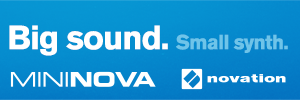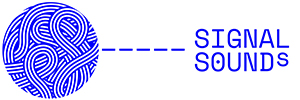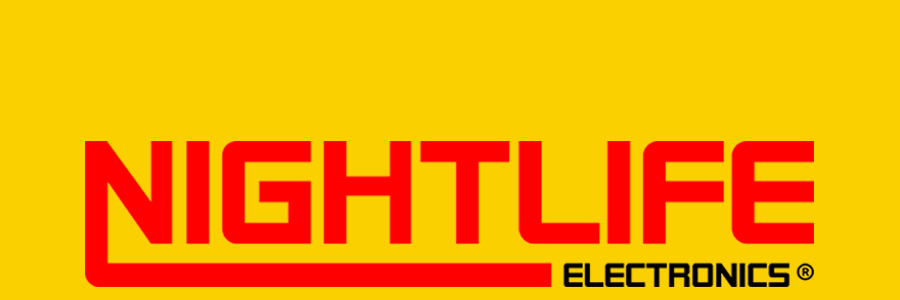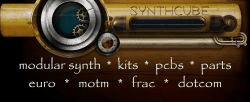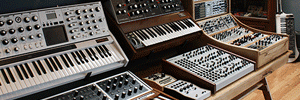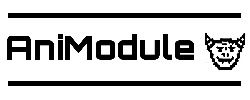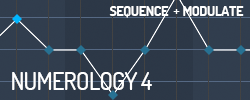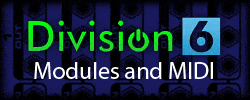
Showing posts with label illucia. Show all posts
Showing posts with label illucia. Show all posts
Sunday, March 02, 2014
illucia: playable networks & videogame instruments by chris novello - last run of units!
illucia: playable networks & videogame instruments by chris novello from paperkettle on Vimeo.
illucia.com is recently finished, and collects all sorts of material.
- illucia dtr patchbay controller (open source hardware)
- several new games and programs (free & open source)
- a game library for Processing that supports patch points (free & open source)
A few hand built units are available in the store at the moment. I'm pretty sure that is the last run.
http://www.illucia.com
http://www.twitter.com/paperkettle
"illucia is a patchbay controller by chris novello. It lets you use physical cables to connect things like videogames, music software, text editors, synthesizers, and more. It has a free suite of interconnectable games and software, plus it speaks OSC so it works with many existing programs. illucia is open source hardware & software (and built with Arduino and Processing), so you're free to reimagine/remix/replicate it in any way.
music: "Intro" from Vacation Wasteland EP by Slime Girls
http://slimegirls.bandcamp.com/music"
illucia: using a videogame to remix music from paperkettle on Vimeo.
"illucia dtr is a patchbay controller for connecting computer programs.
Life Sequencer is a game in the illucia suite - it uses falling blocks to build step sequencer patterns (it is also remixable by Conway's Game of Life). Also, it doesn't actually make any sound - it just makes data using OSC. You can then take that data and send it to any computer programs... like Ableton Live or Max.
Behind the scenes (not shown in the video), Ableton and Max have some audio samplers running.
As I play Life Sequencer, it builds step sequencer patterns. I then patch the data from the step sequencer into the music samplers (so that the sample playhead moves around based on the block patterns in the game). I use cables to select and layer samples, and then I speed up the playback and audio pitch with illucia's knobs. Eventually I patch in some sample rate reduction (and a special glitchy mode on Life Sequencer) right as I trigger the Conway's Game of Life pattern remixer. The Conway algorithm eats through most of the existing blocks, and then I start placing more blocks to build a new pattern.
The illucia patchbay then becomes a physical controller for exploring these strange connections & reconsidering the inner lives of computer programs."
illucia & aalto: patching a videogame into a synth from paperkettle on Vimeo.
"This is a loose experiment using illucia with aalto by madrona labs. First I use illucia to control aalto, then I patch data from PCO (a ball&paddle game) into aalto, thus making a videogame control a synthesizer.
Gory details:
The first half of the video: illucia controls parameters on aalto (the patchbay triggers different aalto presets). aalto is a really nice synth, and it especially opens up when married with a physical controller.
In the second half, I bring in PCO (a game in illucia's software suite with paddles that block moving balls).
Before the clip, I had pre-patched the Y position of colliding balls into parameters on aalto. As the second half starts, I patch illucia to activate ball generation oscillators for PCO. Then, as those balls collide with paddles, their Y positions get sent into aalto, effectively using a videogame to control a synthesizer. I let it sit for a while just to see what strange behavior and sounds emerge when patching these two usually-unrelated programs."
Friday, May 31, 2013
I Dream of Wires - Modular Photos of the Week Winners

via IDOW on Facebook
"Remember our IDOW/MATRIXSYNTH Modular Photo of the Week contest? You may recall that the Top5 would be voted by the 3 of us (director Robert, producer Jason, and MATRIXSYNTH), with these 5 winners having their images printed as a postcard set to be included with IDOW DVD/BluRay orders.... Well, we've finally selected our winners -- see below:
#1 'Buchla and Friends.' by Ben Edwards (Benge)
#2 'illucia console' by Chris Novello
#3 (tie) 'To Tweak or Not to Tweak' by Roberto Raineri-Seith
#3 (tie) 'Jealous Heart' by Rastko Lazic
#3 (tie) 'Guro Sandvik' by Roger Grønberg
Check out the IDOW Contest label for all entries.


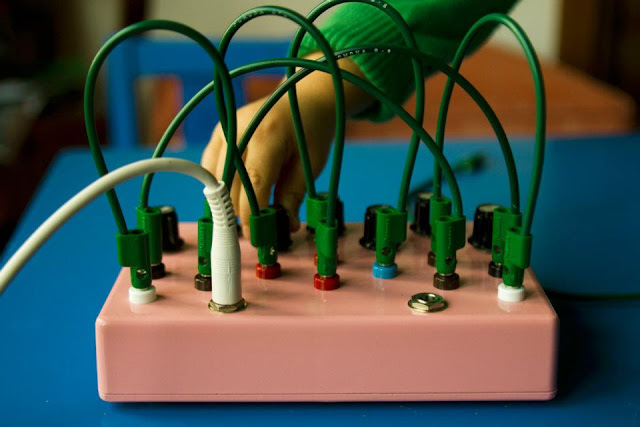

LABELS/MORE:
ARP,
Buchla,
Flower Electronics,
IDOW,
IDOW Contest,
illucia,
Modcan,
MOOG,
Roland,
Synth Dogs,
synth kids,
synthesizers.com
Monday, March 25, 2013
super mario spacetime organ (illucia & soundplane)
super mario spacetime organ (illucia & soundplane) from paperkettle on Vimeo.
From the man that brought us the illucia
"Interested in my work? http://chrisnovello.com or http://twitter.com/paperkettle
In this video, I directly manipulate the RAM state of Nintendo's Super Mario Brothers to transform it from a game into a strange instrument. I use two hardware controllers: illucia (a patchbay instrument I designed that lets me connect computer software with cables), and the Soundplane (an amazing multitouch surface by Madrona Labs).
I begin by playing the game as one normally would, just using buttons on illucia.. but I also have access to the game's memory, so I use the Y axis on the Soundplane to alter the value in the memory address that determines Mario's Y position onscreen. This is how I make Mario fly and hover during the playthrough.
Also, before I start playing, notice that I flip a switch on illucia. This triggers recording — not video, but actually recording the entire memory state of the NES for each game frame. Think about it - Mario's universe is held in RAM, which the NES uses to draw the game world for each frame. By saving the entire state of NES memory for every frame, I'm able to go back to any moment in Mario's life. Sort of like a Super Mario time machine.
So then I use the X-axis of the Soundplane to sweep through the timeline of Mario's universe.
Not only that, but the Soundplane is multitouch, so I use a second finger to specify start and endpoints in a playback loop. This is similar to the way samplers and granular synths work, but for recordings of the entire memory state of the NES rather than audio data. Conceptually, it is like Super Mario meets Groundhog Day. Mario's universe computer / time machine gets caught in hellish loops.
Then I use illucia to send alien data into Mario's universe, which makes for all sorts of audiovisual insanity amidst the spacetime loops. I found some memory addresses that produce interesting results, so I use illucia to pump them with unexpected data. This is sort of like circuit bending, but in a protected sandbox - at any point I can revert back to the clean recording of RAM states (aka moments in Mario's universe).
At that point I try to go back to "playing" the game, watching Mario navigate a melting world of glitched-out ephemera. Toward the end of the video I use a pair of rubberband mallets on the Soundplane to jump around in Mario's timeline, all while illucia is left pouring a heavy stream of alien data into Mario's RAM state. I eventually (accidentally/luckily) land at a place that triggers the game over music, and decide to end the take.
=====================
Disclaimer:
I don't condone piracy or the distribution of Nintendo's IP. I'm posting this video as part of a critical-cultural project. Further - although the emulator tools I used to make this performance are fully legal, I'm not distributing any other materials related to making these interventions into NES games, so please don't ask. The video is shown with the intention of stimulating critical thought about the role of software in our lives.
By showing that there are other ways one could interact with this well-known cultural artifact, hopefully I can inspire others to consider: Who decides how and what we see in a computer program? What is hidden? What sorts of strange other things lurk beneath the surface of our trained expectations?
What if we lived in a culture that deeply embraced the expressive possibilities of computer programs? What if we encouraged curiosity about the interior of the systems that compose game worlds? Is that curiosity and critical inquiry itself not a form of play?
Indeed there are platforms that embrace this sort of approach, but many don't. In fact, many close it off. What if we prioritized this sort of inquiry more? Might we find new frontiers for communication or even human knowledge and representation? What is a videogame, and how can it relate to all this?"
LABELS/MORE:
Chiptune,
Circuit Bending,
DIY,
Featured,
illucia,
Madrona Labs,
Video,
Video Processing
Monday, February 13, 2012
IDOW & MATRIXSYNTH Modular Pic of the Week - Week 16 Contest Winner!
illucia is a modular codebending console for routing digital information. It is the physical paradigm of modular synthesizers, but applied to computer programs (sound, games, image, etc).
Chris Novello is a designer in Providence, RI.
For more info: http://www.paperkettle.com
We'd like to give a big thanks and congratulations to Chris Novello for his submission! This is the 16th week of a 30-week contest, and we are looking forward to many more modular photo submissions, so please keep 'em coming! For details on how to submit and what you can win, see this post.
For more info on the upcoming 'I Dream of Wires' documentary, be sure to see the trailer and IndieGoGo fund raising campaign here.
See the IDOW label for all posts pertaining to the film including the weekly contest winners."
Wednesday, April 27, 2011
illucia in the snow

A few pics of the illucia in the snow. Click on them for the supersize shots. If you missed it and even if you didn't, see the video of the illucia in this post. You can find additional high res shots of the illucia at the bottom of paper kettle's illucia page here.
illucia made Gizmodo!
Sunday, April 24, 2011
illucia: a modular codebending instrument
illucia: a modular codebending instrument from paper kettle on Vimeo.
Follow-up to this post.
"illucia is a codebending instrument.
Codebending is the exploration of software with "patch points." Patch points expose the inner workings of computer programs, and allow for atypical connections between things like games, music making software, office suites, etc.
illucia is a USB device with physical jacks that correspond to software patch points, which can be connected and disconnected using patch cables. Thus, illucia is a console for routing information between computer programs, and opens strange relationships across systems that don't usually interact - it turns systems themselves into play objects.
I've written several codebendable games / programs that open their inner workings via patch points. Fascinating and unexpected things happen when connecting otherwise-unrelated programs:
Video games can play other video games. Music synthesizers can control word processors. Feedback loops turn everyday software tropes into generative art. Simple AI is patchable. Anything controls (and can be controlled by) anything; in codebending, every system becomes an instrument with a unique voice, ready to control, and be controlled.
illucia is a physical instrument to explore these kinds of connections - it is a way to treat systems as playgrounds.
--------------------------------------------------------------------------------------------------------------------------------------
This video is a teaser/trailer: it features illucia, and the first wave of codebendable games that I've created:
PCO (Paddle Controlled Oscillator): a classic ball and paddle game. When pushed, it morphs into a function generator and spills abstract art.
Soviet Life Sequencer: falling Tetromino pieces generate step sequencer patterns, all remixable by Conway's Game of Life.
War Machine: a crosshair blasts colorful explosions into a dense nest of shoots that approach from above
Miserable Pile of Secrets: a codebendable text editor
I'll be releasing these games in a few weeks. All will be 100% free to download, and open under Creative Commons.
You don't need illucia to codebend or interact with these games - they speak OSC and can easily be routed into each other, or other programs / physical controllers. Visit paperkettle.com/codebending for more information
I finished illucia and these games several months ago, and have been steadily working on other material since then... This is just the beginning. I'm quite busy at the moment, and I've got a lot of surprises in store.
More videos and deeper documentation are on the way... RSS/Bookmark/Twitter/FB for information
paperkettle.com/
twitter.com/paperkettle
https://www.facebook.com/paperkettle"
NEXT PAGE
HOME




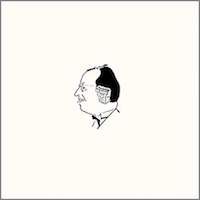
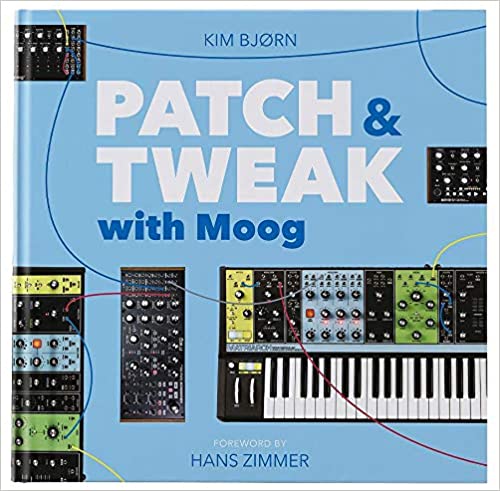






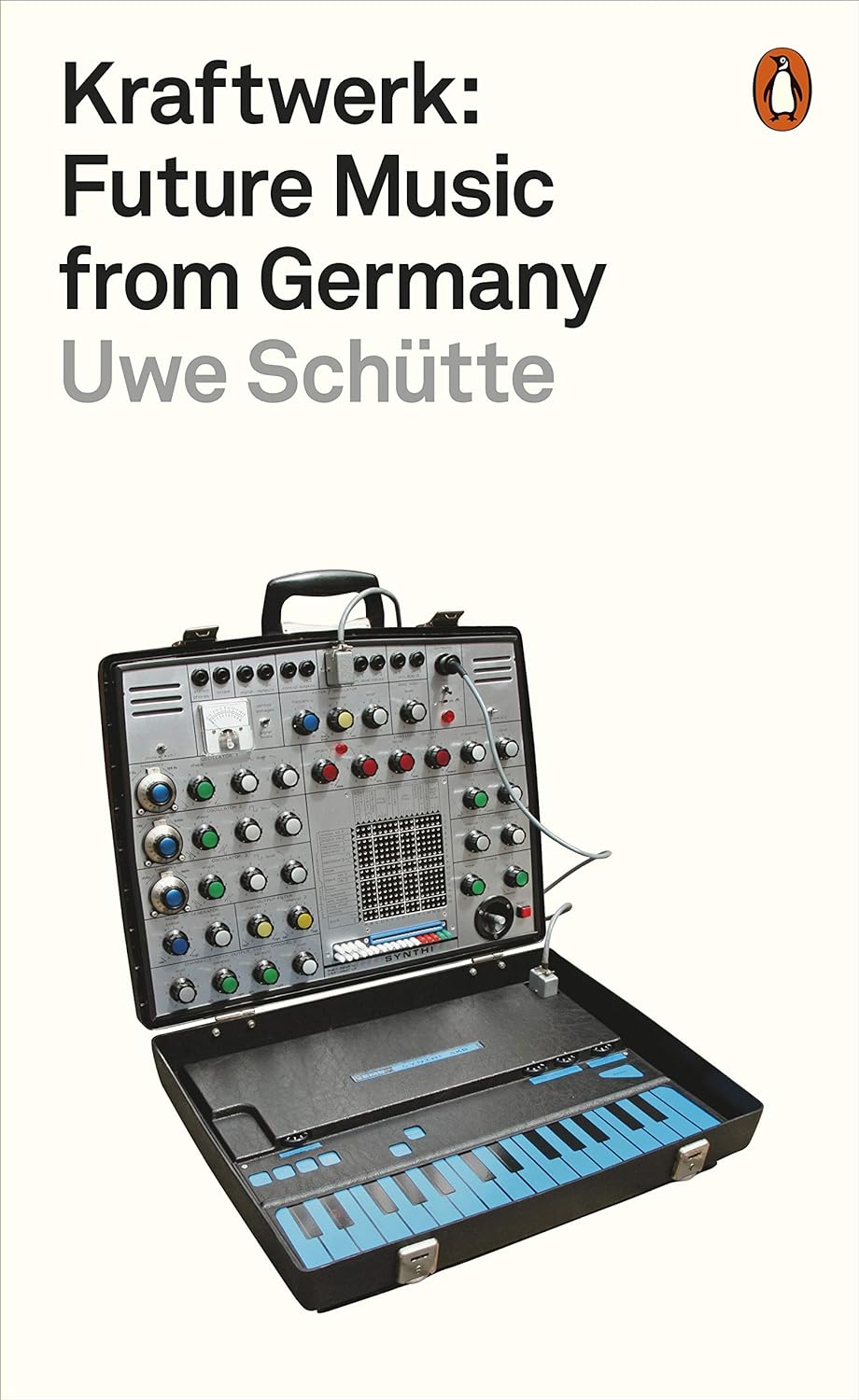
© Matrixsynth - All posts are presented here for informative, historical and educative purposes as applicable within fair use.
MATRIXSYNTH is supported by affiliate links that use cookies to track clickthroughs and sales. See the privacy policy for details.
MATRIXSYNTH - EVERYTHING SYNTH













© Matrixsynth - All posts are presented here for informative, historical and educative purposes as applicable within fair use.
MATRIXSYNTH is supported by affiliate links that use cookies to track clickthroughs and sales. See the privacy policy for details.
MATRIXSYNTH - EVERYTHING SYNTH


